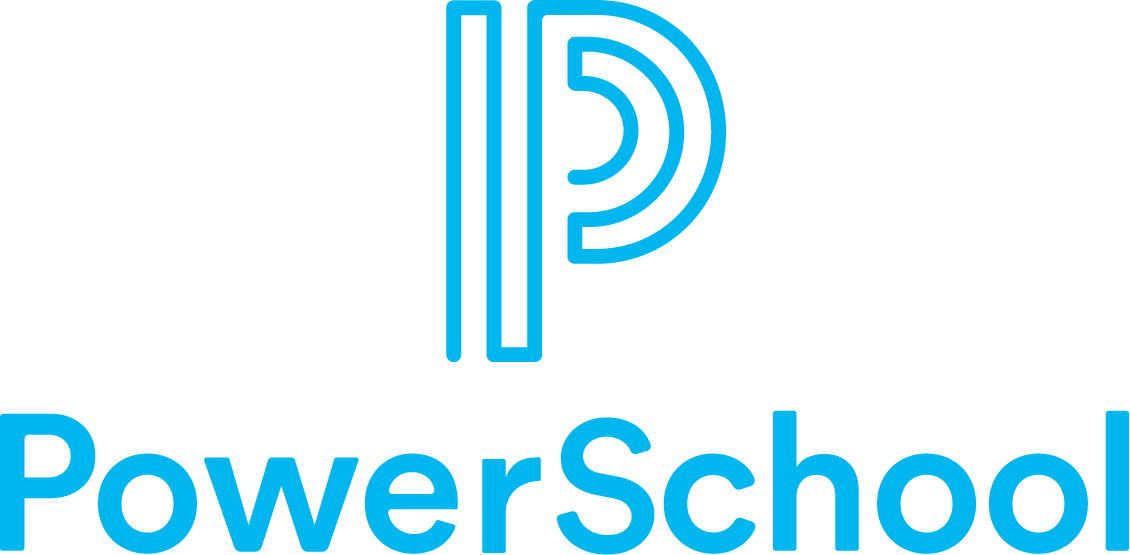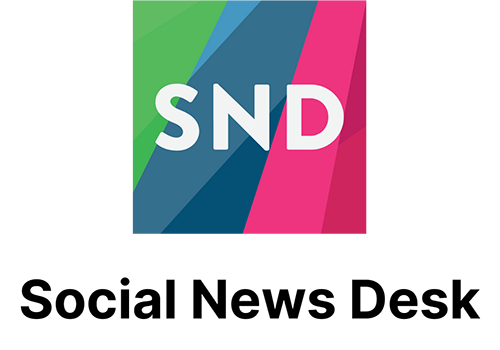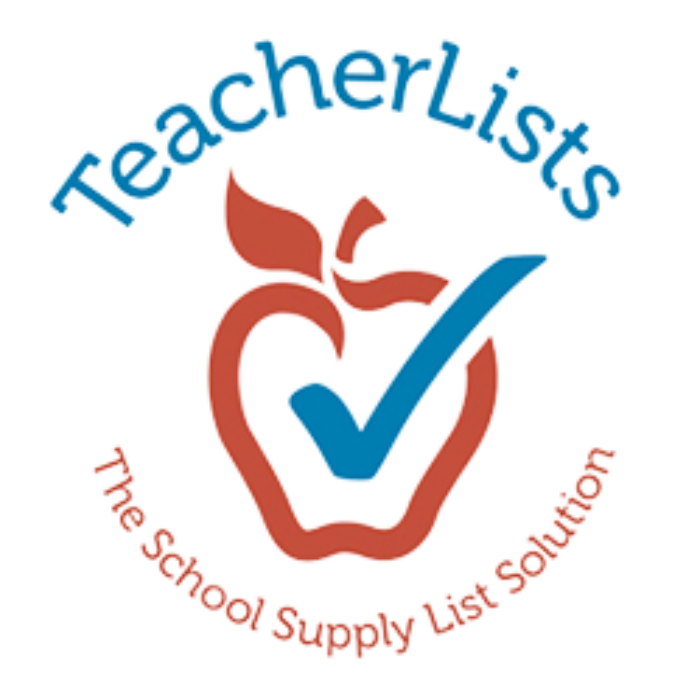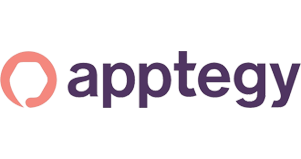These comments were delivered during Mark Bielang’s MASA Presidential Installation Comments, June 17, 200, at the Fetzer Center, Western Michigan University, Kalamazoo, MI.
Having just completed my 31st year in education—my tenth as a superintendent—I’ve been able to observe a lot of people in leadership roles. And as I’ve developed my own style, there’s no doubt that I’ve been influenced by what I’ve seen and experienced. There are several people in this room who have had a personal influence on me. For that I’m thankful.
When I think about some of the values I hold dear, and how I try to live my life—and I say try because I’m not always successful—there are three words that resonate with me: authenticity, balance and compassion. Those are my A, B, Cs! And I’ll add that as leaders, our values also either become, or are already a part of, the values of the organizations we work within.
Authenticity, to me, is being who you are and not pretending to be something you’re not. It means drawing attention to not only what you’re good at, but also, as Pam very lovingly reminds me from time to time, recognizing your opportunities for improvement. There are plenty of temptations for us to step out of who we are, and get caught up in something that doesn’t always serve us well. And I believe that this is true for organizations as well. Using MASA for example, to be authentic we have to continue to operate in accord with our mission and resist the pressures to be something we’re not. As the state of our economy and criticism of public education continues to impact us, it will be increasingly more important for us to remain unified and stay focused on why we came to exist in the first place. We have to continue our efforts to speak with one voice wherever we can. And, as an authentic organization we need to identify, acknowledge, and continue to challenge the people, policies, and practices that work to drive us apart—and in the end work against public education.
My son’s graduating class this year chose as their motto a quote from Albert Einstein: “Learn from Yesterday, Live for Today, Hope for Tomorrow.” That quote brings to mind the need for balance. Balance in our lives and in our organizations. How often do we see people who are out of balance? People who continue to live in the past rather that learn from it? How much time do we spend worrying about what’s going to happen tomorrow rather than living for today? Living a balanced life is just as important as working in a balanced organization. And maybe there are questions that we should be asking ourselves about our organization. Questions like:
• “What can we learn from the past 75 years of MASA history and tradition?”
• “What does an organization that lives for today look like?”
• “What is our hope for tomorrow’s MASA?”
As we attempt to answer these questions, look at the various services that we offer our membership, and examine the expectations we have of our executive director and staff, we need to maintain balance and perspective so that one area doesn’t overshadow the rest.
And finally, there’s compassion. Sometimes, as we go about living our busy lives, we overlook opportunities to be compassionate. As individuals, we appreciate when someone is compassionate with us, but we also need to remember to treat others with compassion. And, as an organization we need to make sure that compassionate practices are maintained. Because of the nature of our work—and maybe even the nature of our personalities—we allow ourselves to become isolated from one another. We’re our own worst enemy in that respect. Mike has shown us that an organization can be compassionate. The frequent email updates, the retirement ceremony at our state conference, the recognition of deceased members, the personal phone calls many of us receive, the encouragement to maintain vibrancy at the regional level, and the outreach we receive from MASA staff—all contribute to a compassionate environment. We can’t lose sight of those things.
I’d like to conclude by telling a story or joke of some sort, but I don’t do either of those very well. So I’ll end on a personal note that kind of goes back to the “What did I learn from yesterday” part of Einstein’s quote.
One of the activities our Leadership Team has been involved with on occasion, is to identify the stepping stones in our lives—events, people, places, circumstances that have influenced who we are today. One of the stepping stones I identified is a condition that existed in my youth. I was born and grew up in an ethnic neighborhood in Chicago—a Polish neighborhood. At that time and in that area everything a family needed was within a few blocks of where you lived, so there was no need to go much beyond your own neighborhood. As a consequence, I never had a need to speak any other language than Polish. Then, at the age of five, my family moved away from Chicago and settled in Bangor, a small community about 30 miles west of here. This was just about the time school was starting–Kindergarten in my case. I vividly remember my first day of school. I was scared to death. It was the last place I wanted to be. I didn’t know a word of English. I didn’t know any of the other kids. But I survived.
And as my English improved I began to fit in with my class mates and actually began to enjoy school—sometimes a little bit too much. But in my haste to learn a new language and distance myself from anything that resembled what I grew up with, I lost a little bit of who I was. Lost a little of my authenticity.
I was embarrassed when my parents would talk to me in Polish in front of my friends. And I know it hurt their feelings. It wasn’t until many years later that I discovered what a gift it really was to know another language…although by then I had forgotten much of what I once knew.
But as I reflect on this stepping stone, it helps me remember my A, B, Cs. To try to stay true to who I am, by remembering what shaped me and where I came from. To learn to balance the paradoxical elements of my life, knowing that it doesn’t have to be one or the other, it can be one and the other. And to be compassionate—to consider the feelings of others rather than just my own.
And so, as we embark on another year and the challenges and opportunities that will present themselves, I look forward to working with the Executive Board, our Council and the person whom we select as Executive Director to continue to make ours a meaningful and vibrant organization—one that we can say we’re proud to be a part of!











